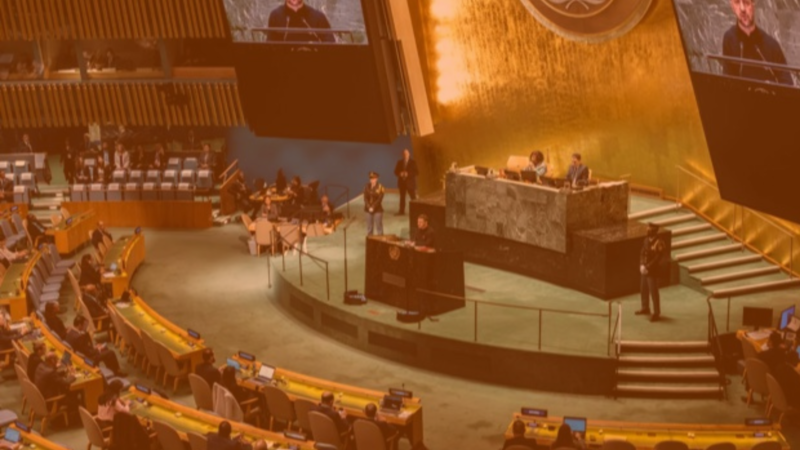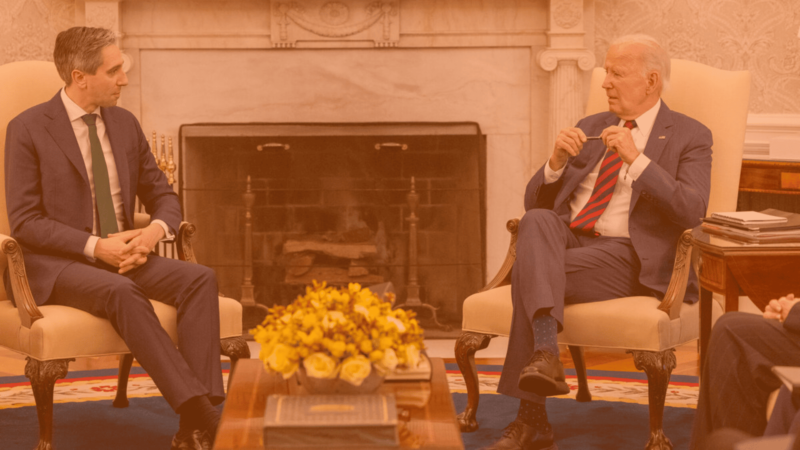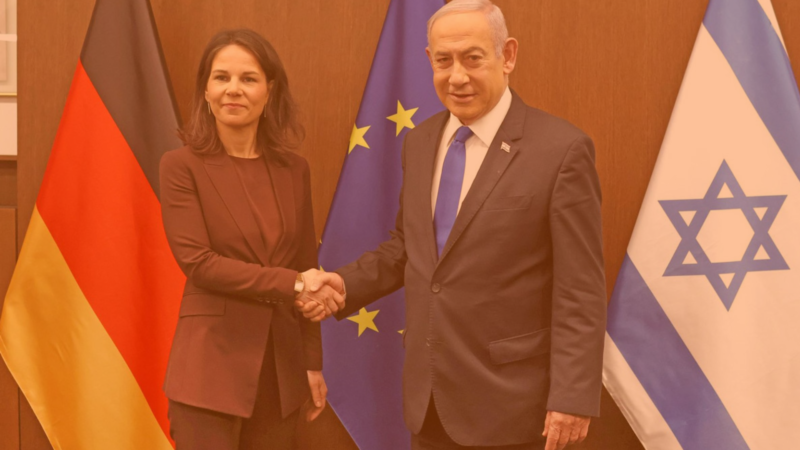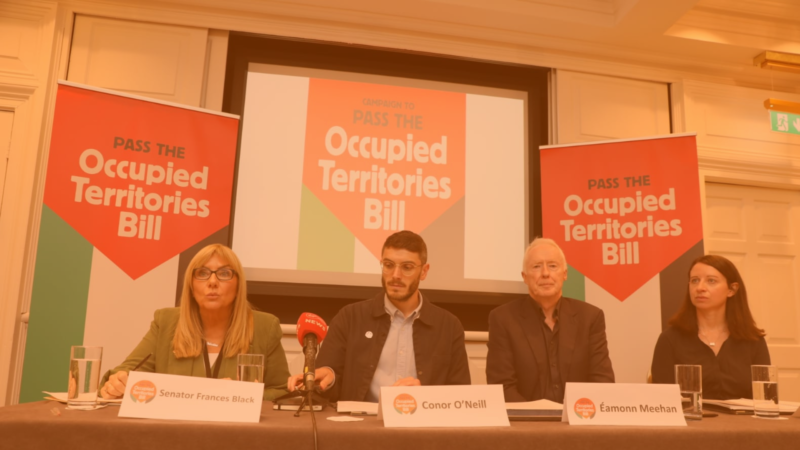With resistance growing to the Irish government’s creeping undermining of Ireland‘s position of neutrality and non-alignment with military alliances, there are calls for a referendum to be put to the people for the option of including neutrality into the constitution.
The First Amendment to Bunreacht Na hÉireann, the constitution of Ireland, in 1939 ensured that the country remained neutral in the Second World War, and so it is worth considering the nature of neutrality in a legal context in Ireland. The First Amendment reads: “Extended to conflicts in which the State is not a participant, the provision for a state of emergency to secure the public safety and preservation of the State in time of war or armed rebellion.” It is on the basis of the Second World War that successive Irish governments after 1939 continued to adapt an officially neutral stance.
Yet as early as the formation of the United Nations in 1945, the USSR did not admit Ireland, seeing it as excessively pro-Western. Ireland did not join the UN until 1955 and it did not even recognise the USSR until 1973. Yet Ireland has an extremely good record of remaining neutral in times of war, despite a few blemishes, such as a US military aircraft landing and refuelling at Shannon airport. Ireland has the longest uninterrupted service on UN peacekeeping missions of any member state, being active consecutively since 1958.
If we look at more recent events, the Irish public did not ratify the Lisbon Treaty for fear of increasing military integration within the European Union. Since Brexit, the re-ratified Lisbon Treaty ensures Ireland is the only EU member state which can unilaterally withdraw from increased military integration within the EU. However, membership of such a bloc would ensure seeping Irish integration, as it is already an observer state of the Permanent Structured Cooperation in Defence (PESCO), as well as an observer of NATO’s Partnership for Peace organisation. The recent Consultative Forum on International Security Policy was notable for several reasons: contributions received little coverage in the press despite publicity of the forum and there was a presence of pro-NATO voices.
Closer NATO relations should worry Irish public
NATO membership, or closer association with it, should alarm the Irish public for many reasons: primarily, that it would undermine the legal requirement for Irish troop deployment. Irish troops can only be deployed abroad upon the ‘Triple Lock’ system: authorisation of the Irish government, the Irish parliament, and the UN Security Council. Collective defence enshrined in NATO’s Article 5 would undermine democratic tradition in Ireland and would result in the state becoming involved in deployment not ratified by the government nor parliament.
So what can Ireland do?
A referendum on enshrining permanent neutrality in the Constitution would be a very sensible way to decide the matter. Neutrality has a very grounded identification in many Irish citizens; even in 1969, at the outbreak of the conflict following the violence used against the Civil Rights movement, often referred to as ‘the Troubles’ in the UK administered part of the north, the Irish government appealed to the UN Security Council for a resolution instead of unilaterally intervening.
Austria is an example of a European country that has permanent neutrality enshrined in law, doing so since the Constitutional Law on the Neutrality of Austria was enacted in 1955, which reads:
- For the purpose of the lasting maintenance of her independence externally, and for the purpose of the inviolability of her territory, Austria declares of her own free will her perpetual neutrality. Austria will maintain and defend this with all means at her disposal
- For the securing of this purpose in all future times Austria will not join any military alliances and will not permit the establishment of any foreign military bases on her territory
Wording of a similar nature would be a fantastic way to safeguard Irish neutrality and ensure it does not become increasingly integrated into international security alliances, safeguarding the ‘Triple Lock’ system and ensuring that Ireland retains flexibility and independence when determining troop engagements abroad. Such a bill was brought to Dáil Éireann in 2022, but it was defeated. As with many constitutional amendments in Ireland, a Citizens Assembly would have to be formed to put together the correct wording for any amendment, and to ensure a referendum asks an explicit and non-ambiguous question.
Do you want to be informed of DiEM25's actions? Sign up here










